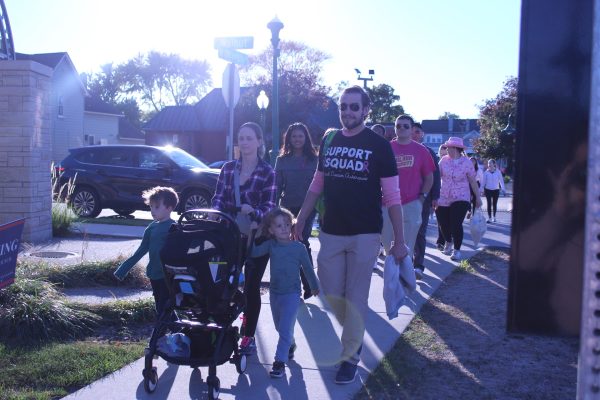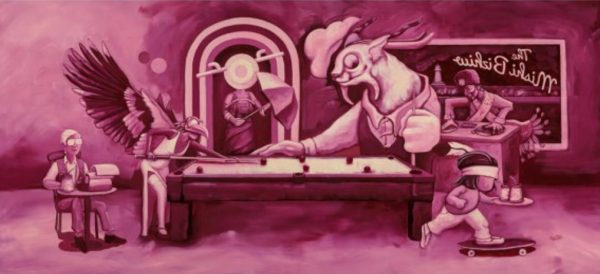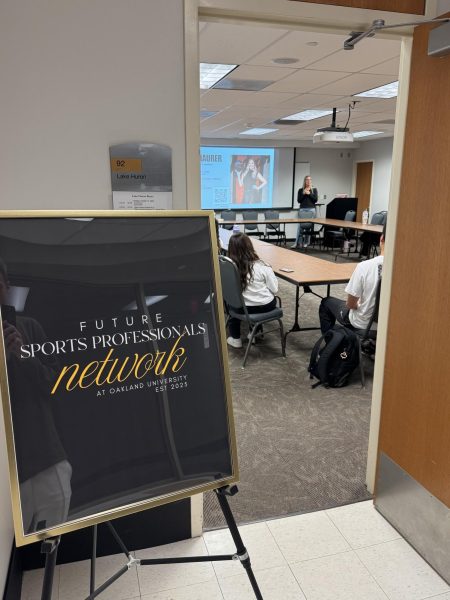Career Services presentation helps students understand generations in the workplace
Career Services’ mission is to develop Oakland University students and alumni into prepared job seekers and to be employers’ favorite place to recruit. On Wednesday, Oct. 17, Career Services gave OU students a look into the generational dynamics of the workplace.
Presented by Carol Anne Ketelsen, “Gen Z – Who Are You and How Do You Fit in the Workplace?” informed students of the different generations they will most likely encounter while working in a career and how they would fit into the working world.
“I teach group dynamics here at Oakland, and this is part of what I teach,” Ketelsen said. “The reason for that is because when you’re talking about working in a group — and particularly in a work setting — you’re going to have people of different generations.”
Ketelsen used the close space of the Lake Huron room to encourage interaction from the students, starting with a quiz on generational objects such as Silly Bandz, 45 RPM record inserts and roller skate keys.
She informed students of the five generations they would encounter: Traditionalists (1922 – 1945), Baby Boomers (1946 – 1964), Generation X (1965 – 1980), Millennials (1981 – 1995) and Generation Z (1995 – 2010/2015, the end date is not agreed upon).
Ketelsen went over each generation’s influences and personalities and explained how that affected the workplace expectations of the generation. For example, Gen X saw mothers begin to work in white-collar jobs, making flexible schedules valuable to Gen Xers.
Despite popular belief, Ketelsen’s research shows that Millennials and Gen Zers are culturally different. Gen Zers are characterized as being hard workers, holding jobs as soon as they could—actions possibly influenced by the Great Recession.
“[Gen Z] is what’s making colleges freak out,” Ketelsen said. “[Gen Z] do not feel that education is a must.”
This is contrary to Millennials who see higher education as a requirement to survive. According to Ketelsen, Gen Z youths are favorable to the entrepreneurial “do your own thing, in your own way” spirit, choosing to enter the working world over pursuing a degree.
“And if [Gen Z] are going to do college, statistics show that a lot of you do it online,” Ketelsen added.
Presented with the research, Ketelsen broke the room up into groups to discuss how the students viewed the picture painted of their generations.
“I actually saw that [less emphasis on education] a lot,” Garrett Emerick said on behalf of a group. “I’m from a rural community, so when I graduated high school maybe two-thirds went to some kind of higher education, but a lot went to work on a farm or went to be a mechanic or something that requires a short training session.”
The presentation continued as Ketelsen presented more of her research. Gen X is driven by time off and competent leadership, Millennials like open workspaces that have a focus on groups over people, and Gen Z is competitive as they like having their own space and want to be noticed in the workplace.
Ketelsen closed out discussing how Gen Z communicates.
“It’s interesting because as tech savvy as you guys are and you prefer tech, a lot of the research is showing that … a lot of you guys do prefer face-to-face communication,” she said.








